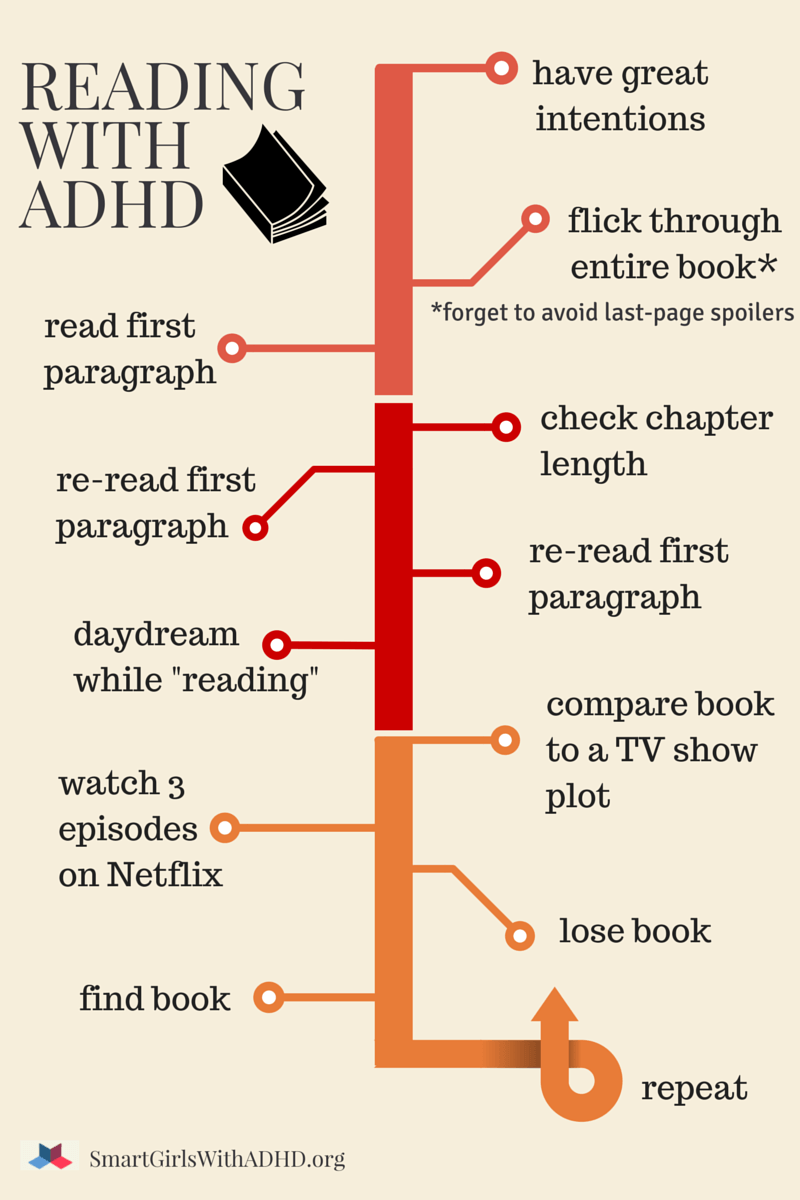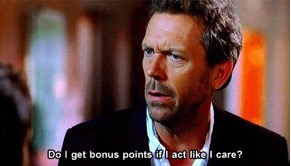If, like me, you have ADHD, you may read the title of this and ignore it immediately. How could you possibly listen to an hour-long podcast when you can't even pay attention to real-life people's stories? I thought the same thing. That is, until I actually started listening to them (You got me, I can be pretty stubborn at times).
The thing about podcasts is that you can use them however you want. You can pause, rewind, and, most importantly for me, you can listen to a podcast while doing something else. Something you probably shouldn't do when talking to actual people.
Discovering Podcasts

I listened to my first podcast when I began commuting last year. I began a master's degree at a university that involved taking a 2-hour train journey each way (it was a 4 hours-a-day, 3 days-a-week of travelling kind of deal).
On my first day, I brought a book and tried to read it. I got as far as page two - a complete failure. There were far too many distractions on the train and I lost focus every time somebody near me moved. I was worried. 4 hours a day? This was only Day #1.
I'm going to be so bored.
On Day #2, I came prepared. The evening before, I downloaded my first podcast from the iTunes store: an episode of (the excellent)This American Life. I took a window seat, put on my noise-cancelling headphones, and began to listen to Ira Glass and his effortless voice tell a story (I can't remember which one - if I'd known how much I'd come to love podcasts, I would have realised the importance of this moment and could have taken note).
One of the first podcasts I remember actually told a story set in Belfast (where my train was heading, coincidentally) in the Tarred and Feathered episode. Until this point, I presumed that podcasts were essentially recorded radio shows: busy, overwhelming discussions with noise and laughing and arguing. This American Life was an entirely different experience. One clear voice told the story above silence. It reminded me more of the way my dad would read books to me when I was young, than a radio show.

Without consciously focusing on the podcast (everything outside the window was too interesting), I became aware that, in just a few minutes, I was already entirely invested in the story and was desperate to continue listening to hear the story's resolution.
When you read, you need to concentrate.
You need to process what you have just read and need to know when to turn the page. You need to re-read the words when you miss something. And you need the willpower to ignore your surroundings.
With a podcast, you don’t.
A podcast continues on its own and doesn't let you get stuck on a certain thought or distraction.
Okay, so it wasn't perfect. There were still times when I lost my focus. When, for example, someone would walk by me or sit down on the seat next to me, breathlessly dumping their shopping bags onto my lap, pushing me against my side of the train, when there were clearly other free seats around us. You know the sort (side note: if you don't, you may be the sort).
Over time, I slowly found out that the only way I could actively listen to the story, was to do something else simultaneously, something a little monotonous. Whether it be staring out the window or playing a game on my phone (I’d recommend 2048) or, when at home, painting, or knitting, or building a piece of IKEA furniture. (The latter is a great way to listen to podcasts, from experience...)
Just be sure not to make the task too complex, or else you end up with a whole new thing you really need to concentrate on.
Fidgeting is Key

At first, I thought that what I was doing may be multitasking but I realise now that it seems to be more inline with the 'fidgeting-to-concentrate' stories that have been circulating the media recently. For those of you who have not come across these, the findings of a 2015 University of Central Florida study of 8-12 year old boys were found to show that those with ADHD could actually concentrate better when they were able to move around or fidget.
I find that by carrying out a monotonous or repetitive task, I can give my entire focus to the podcast. This may not be the case for everyone but go try it out if you haven't already and let me know if it works for you (I really hope it does because it's awesome).
My Podcast Recommendations
Not only has it been incredible to concentrate enough on a podcast to actually take it in, but I've come to love some shows so much that I really have to recommend them, so here goes:
Radiolab

My favourite. This is the podcast that changed my mind about podcasts. I can't quite explain how much I love Jad Abumrad and Robert Krulwich. Their editing is on another level.
I still think the music they use to portray colour spectrums in the absolutely incredible episode Colors is mind-blowing. (If you don't have much time, skip ahead to about the 9:30 mark to hear this).
Jad and Robert (we're on a first-name basis, in my mind) actively listen with me, regularly stopping the story mid-point with a "wait, whaaaaat?"
Their audio style feels so manageable as an ADHD-listener. I can't zone out, because they don't. Or, at the very least, if I do, the shock and resulting questions by the hosts make me skip back to replay what I missed.
Lore

This one is a new favourite. An independent show created by writer, Aaron Mahnke, Lore is a bi-weekly podcast about 'the history behind scary stories'.
Like Radiolab, Mahnke utilizes music to add depth and atmosphere to each story, which helps me pay more attention. Really impressive for what (I think) is a guy making a podcast on his own.
My husband, Jack, and I listened to all seven episodes of this (so far) on a road trip to Galway last week and they were perfect. I would go listen, if I were you. Here's a link to Episode 2, The Bloody Pit, for your enjoyment.
FYI: Some of the podcast can get pretty gruesome - as he says, sometimes the truth is more frightening than fiction.
Meet the Composer with Nadia Sirota

Meet the Composer is great. Again, it's the music, I like the music, it seems. I found out about this one through a Radiolab episode and I'm so glad Jad Abumrad recommended it.
Nadia Sirota presents the biography of a composer, each time interviewing them about his or her artistic influences, background, and compositions. Here is a link to Episode 4 (the first episode I listened to) about composer Caroline Shaw who won the 2013 Pulitzer Prize for music at the age of 30. This episode is really beautiful and is a total pleasure to listen to, like having your ears washed out with silk, fairy dust, and camomile tea.
The music and discussions are fascinating and they are often interleaved with excerpts of music that allows me time to process the spoken information so I don't lose track of what's happening. It's great if you're the kind of ADHD'er who zones out when listening to people talk (like I do). I'd recommend this one even if you don't think you would enjoy listening to a podcast about composers. There are so many fascinating elements to this podcast that it keeps my brain focussed on the listening part.
Stuff You Should Know

Last, but not least, SYSK is a podcast where two guys, Josh Clark and Charles W. "Chuck" Bryant, discuss a topic (like Nostradamus) and tell each other facts about it.
This is by far the most laid-back podcast in my recommendations and I love it for this reason. Perhaps it's because Josh and Chuck seem as though they're learning about the topic in real-time at the same speed as the listener, or perhaps it's because they sound just like the kind of people you would want to hang out with while googling facts about an interesting topic at a party at university (was that just me?)
Either way, they present episodes on some excellent subjects that I realise, only upon listening to it, I don't know as much about as I should. If you're the kind of person who likes to repeat cool facts to your friends and family (again, is that just me?) you should listen to this one. Also, their adverts are hilarious.
Do you listen to podcasts? How do you concentrate on them? Leave your podcast recommendations and tips below!
References
_____________________






















